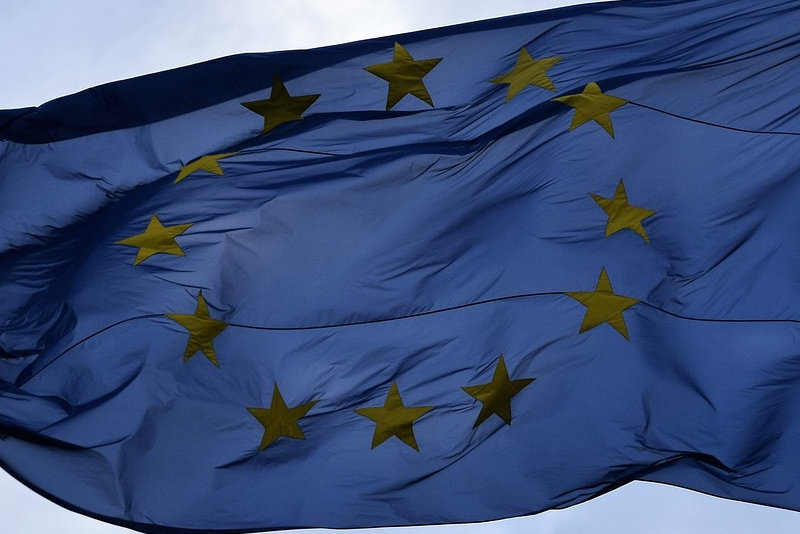Europe risks 'deeper recessions' on war and inflation: IMF

WASHINGTON, United States — Downturns in parts of Europe could turn into "deeper recessions" across the continent as energy disruptions threaten economic pain, while a cost-of-living crisis risks stoking social tensions, the IMF said Sunday.
The International Monetary Fund's Regional Economic Outlook report on Europe comes as countries grapple with heightened inflation and a worsening energy crisis that has depressed the purchasing power of households and raised business costs.
New government support "only partly" offsets these strains, said the fund on Sunday.
Russia's invasion of Ukraine this year sent inflation soaring as energy prices jumped, forcing the European Central Bank to hike interest rates to cool the economy at the risk of causing a contraction.
"The European outlook has darkened considerably, with growth set to slow sharply and inflation to remain elevated," the IMF said in its report.
Already, the fund predicts that Germany and Italy will slip into recession next year, becoming the first advanced economies to contract in the wake of the war on Europe's eastern flank.
While Europe was on its way to exit the pandemic at the end of last year, war in Ukraine "changed this picture completely," the IMF said.
Overall, growth in Europe's advanced economies is expected to slow markedly to 0.6 percent in 2023, the report on Sunday said.
For the region's emerging economies, excluding conflict countries and Turkey, growth is pegged to slow to 1.7 percent as well, while losses in conflict countries will be large.
"A key near-term risk is further disruption to energy supplies, which, combined with a cold winter, could lead to gas shortages, rationing, and deeper economic pain," said the IMF.
Inflation could also stay higher for longer and social tensions could worsen due to rising costs, the fund added.
Under current circumstances, central banks should continue raising policy rates, said the IMF, calling for "faster hikes" in advanced economies.
Policymakers need to "walk a fine line" between fighting inflation and supporting vulnerable households and enterprises through the energy crisis, it said.
Earlier this month, the IMF forecast that the German economy -- Europe's biggest -- would shrink 0.3 percent in 2023, hit hard by its reliance on Russian gas after Moscow cut supplies to Europe in suspected retaliation for Western sanctions over the conflict.
Italy, whose industries are also dependent on gas imports, will see its gross domestic product contract by 0.2 percent.
- Latest
- Trending



























